Bachs Healthcare

Overview
Bachs Healthcare is a substance abuse treatment center for people seeking treatment near Baltimore City County. As part of their treatment modalities for recovery, Bachs Healthcare provides individual psychotherapy, trauma-related counseling, and group counseling during treatment. Bachs Healthcare is located in Baltimore, Maryland, accepting no payment accepted for treatment.
Bachs Healthcare at a Glance
Payment Options
- No payment accepted
Assessments
- Comprehensive mental health assessment
- Comprehensive substance use assessment
Age Groups
- Children/adolescents
- Young adults
- Adults
Operation
- Private non-profit organization
Highlights About Bachs Healthcare
6.65/10
With an overall rating of 6.65/10, this facility has the following balanced range of services. Alcohol Rehabilitation: 8.00/10, Treatment Options: 6.61/10, Drug Rehab and Detox: 6.00/10, Insurance and Payments: 6.00/10.-
Alcohol Rehabilitation 8.00
-
Treatment Options 6.61
-
Drug Rehab and Detox 6.00
-
Insurance and Payments 6.00
Accreditations
Commission on Accreditation of Rehabilitation Facilities (CARF):

CARF accreditation is a globally recognized certification for rehabilitation and human service organizations. It signifies that an organization meets high-quality standards and is committed to providing top-level care. Achieving CARF accreditation involves a rigorous evaluation process, including on-site surveys. This accreditation enhances an organization's reputation, instills trust in clients and funders, and encourages ongoing excellence in the field.
Treatment At Bachs Healthcare
Treatment Conditions
- Mental health treatment
- Alcoholism
- Substance use treatment
- Co-occurring Disorders
Care Levels
- Detoxification
- Outpatient
Treatment Modalities
- Individual psychotherapy
- Trauma-related counseling
- Group counseling
- Life Skills
- Cognitive Behavioral Therapy
Ancillary Services
Special Programs
- Clients who have experienced trauma
Get Help Now
Common Questions About Bachs Healthcare
Contact Information
Other Facilities in Baltimore
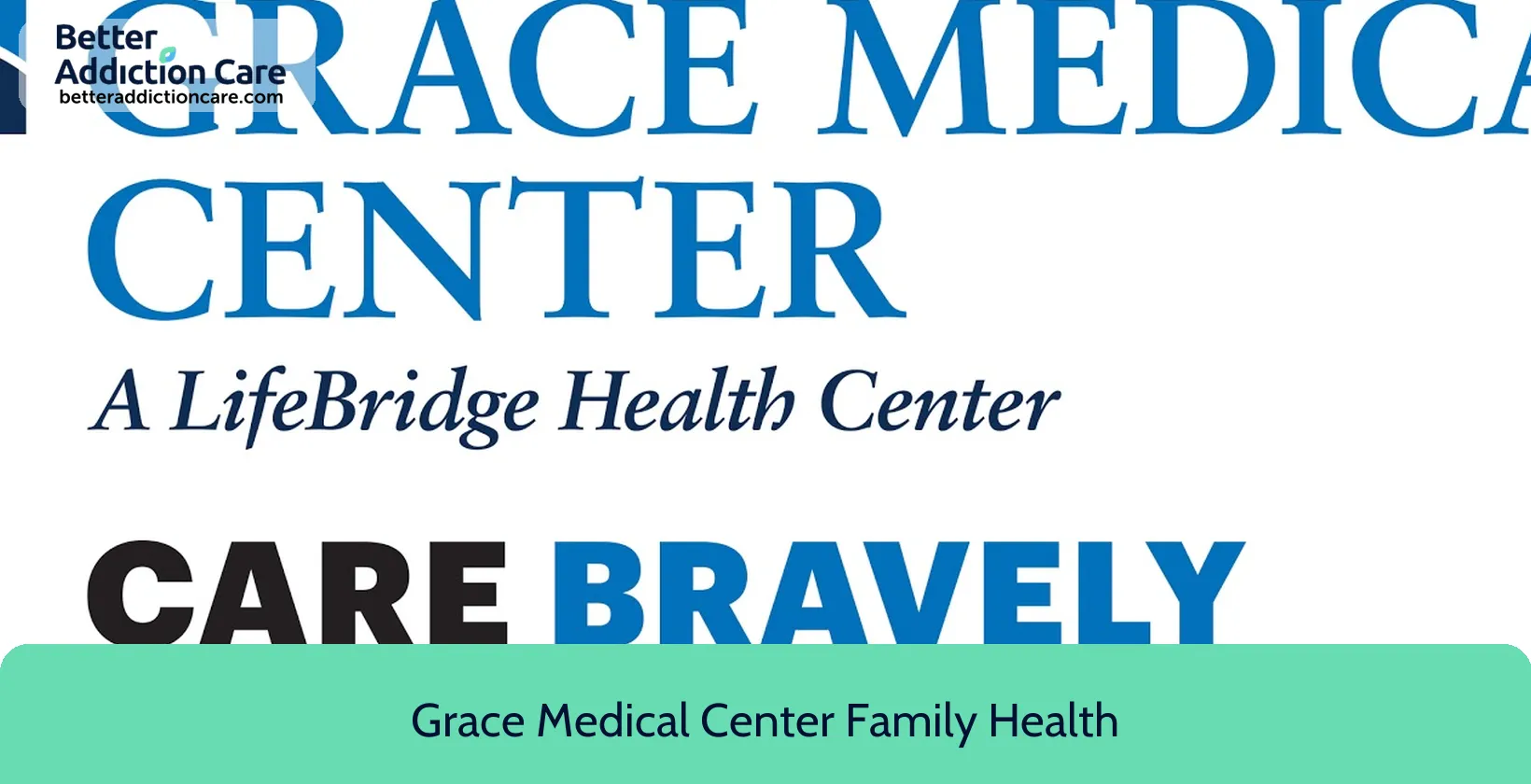
6.74
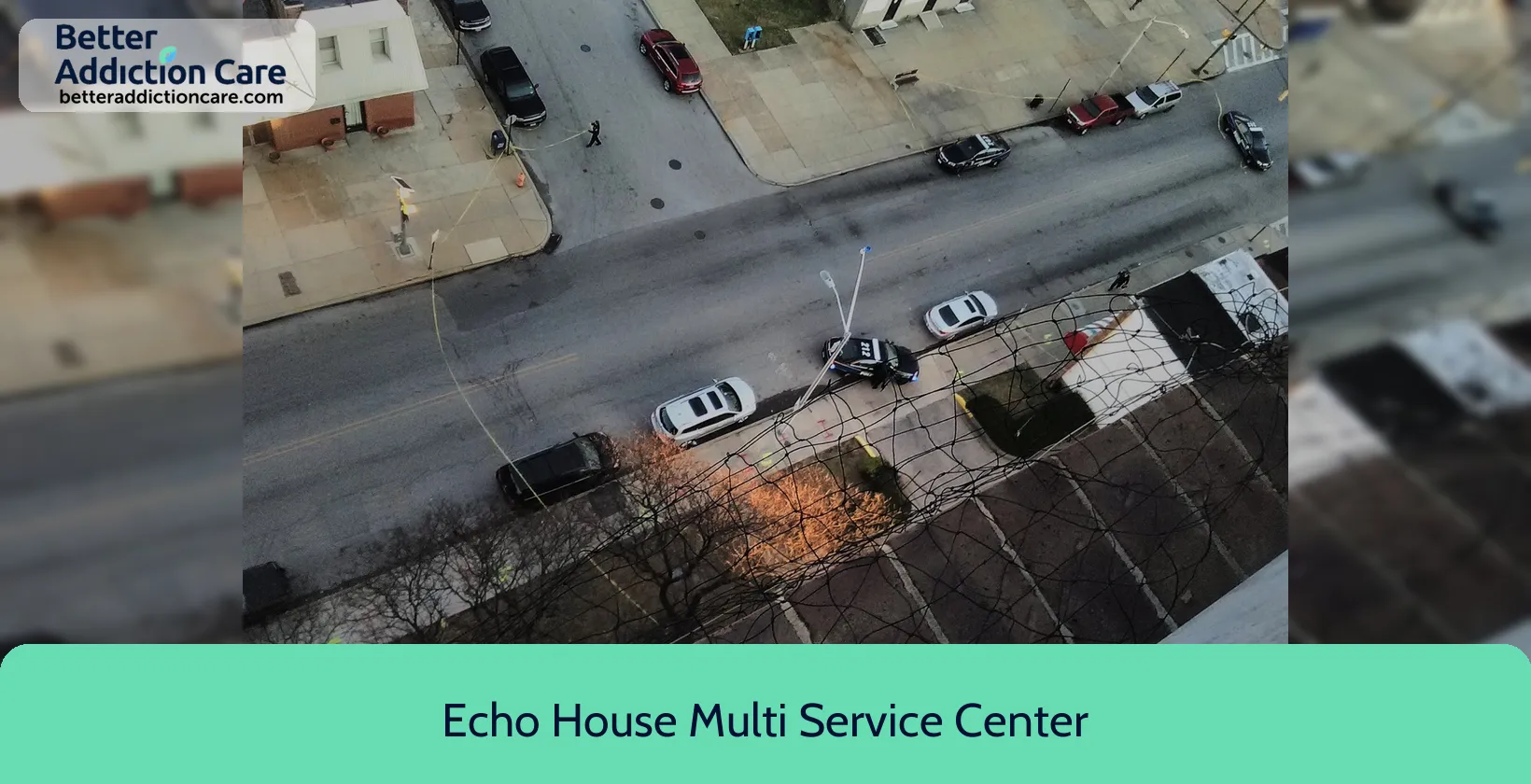
6.84
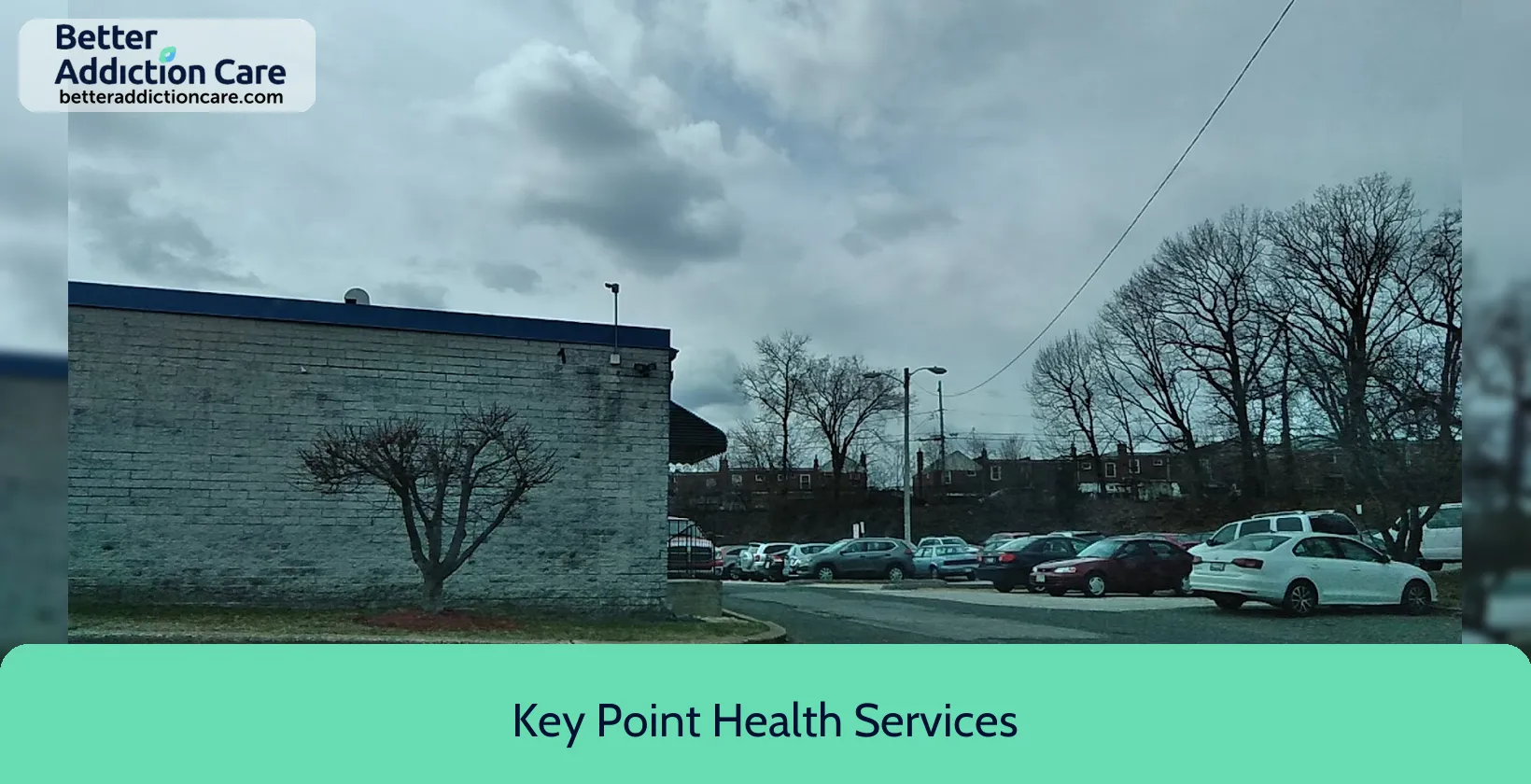
7.08

7.00
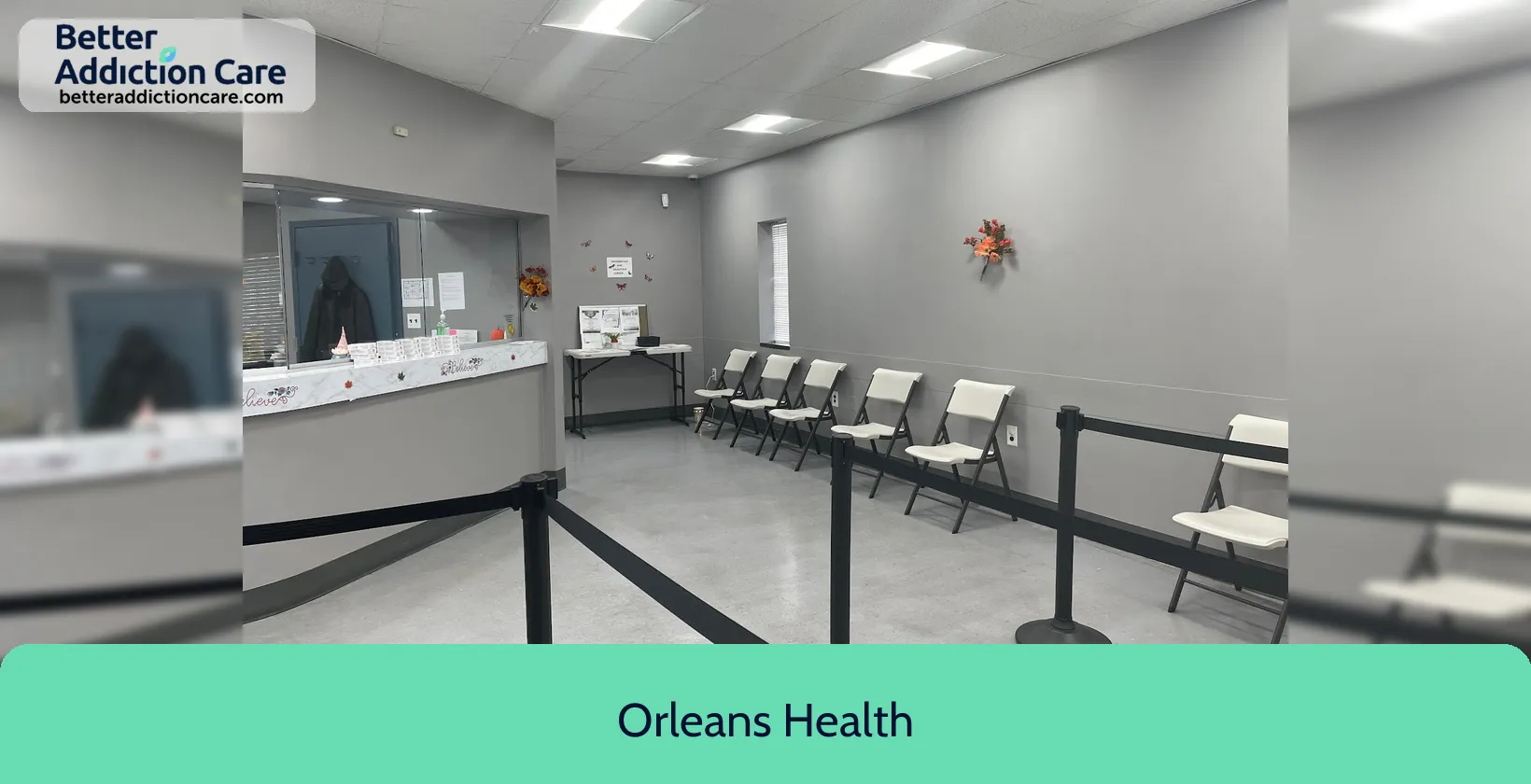
7.11
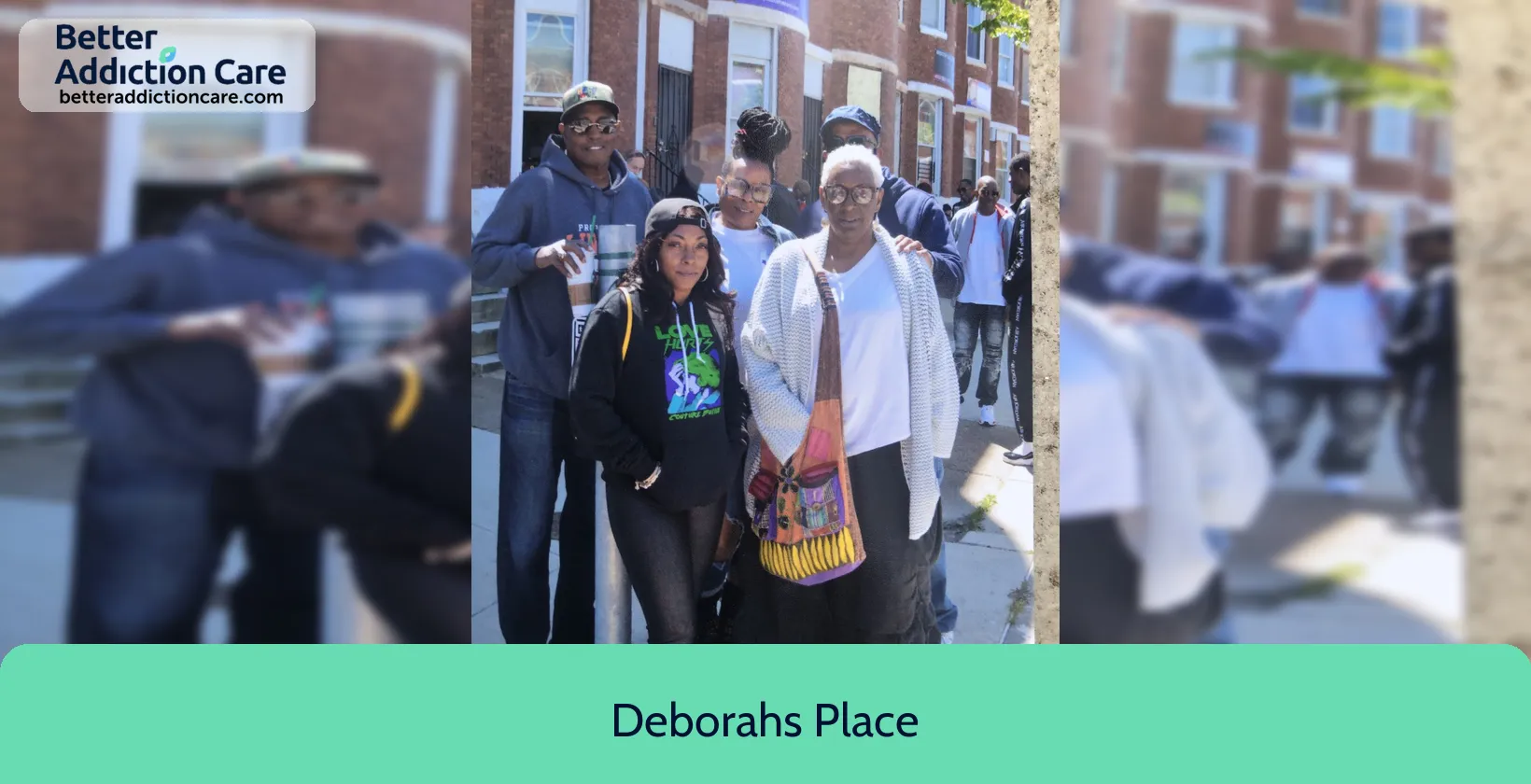
6.77
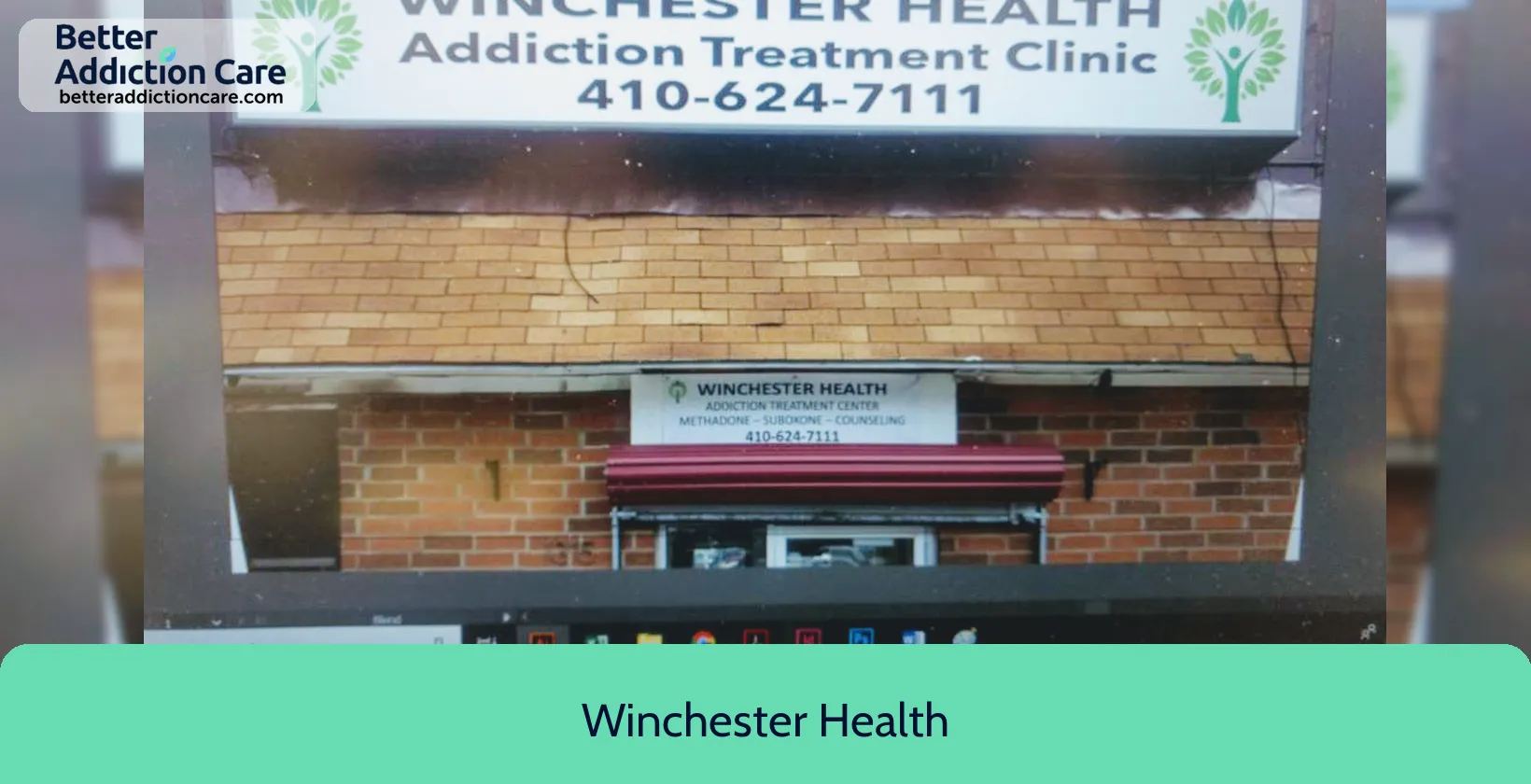
7.05
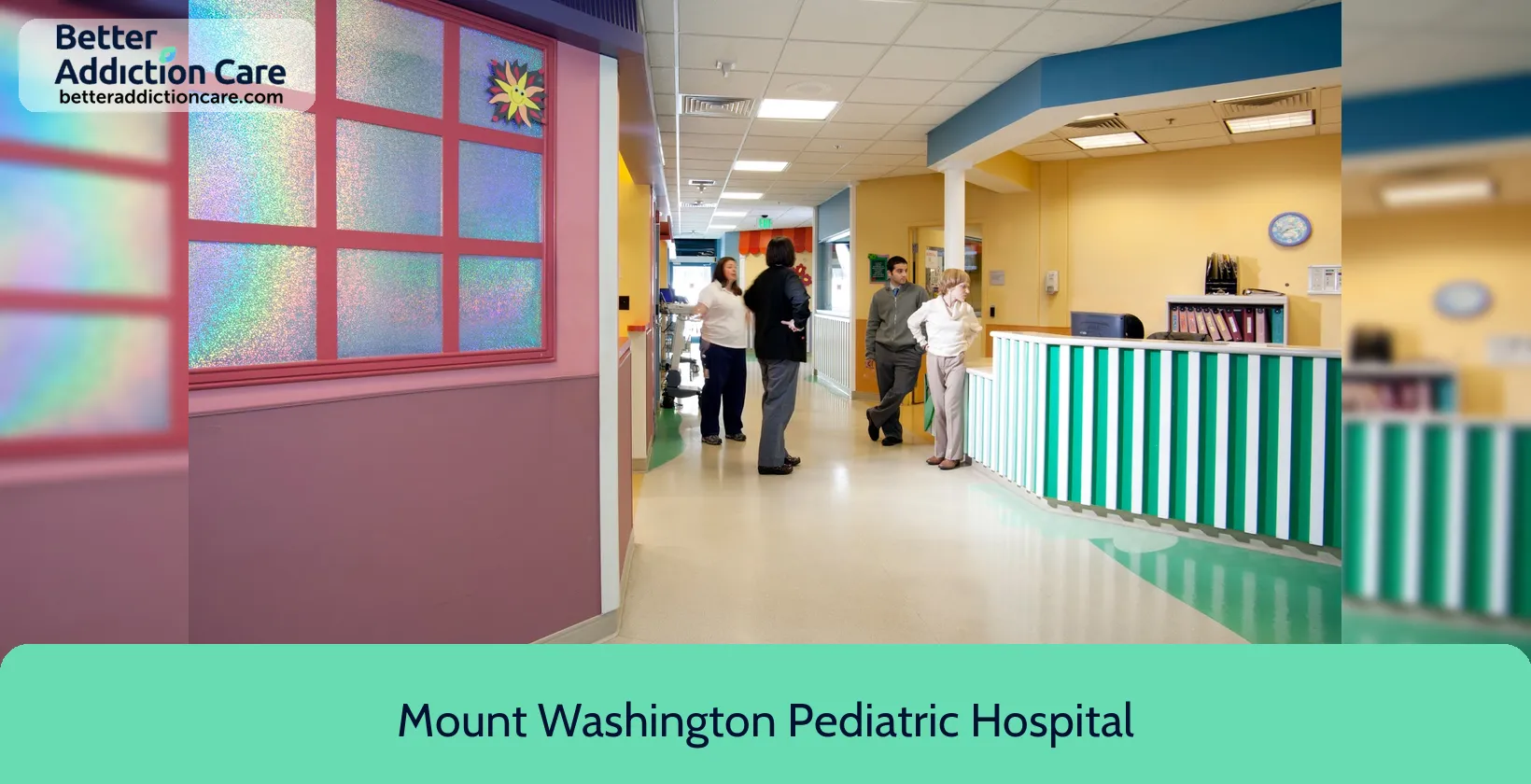
6.59
DISCLAIMER: The facility name, logo and brand are the property and registered trademarks of Mount Washington Pediatric Hospital, and are being used for identification and informational purposes only. Use of these names, logos and brands shall not imply endorsement. BetterAddictionCare.com is not affiliated with or sponsored by Mount Washington Pediatric Hospital.
